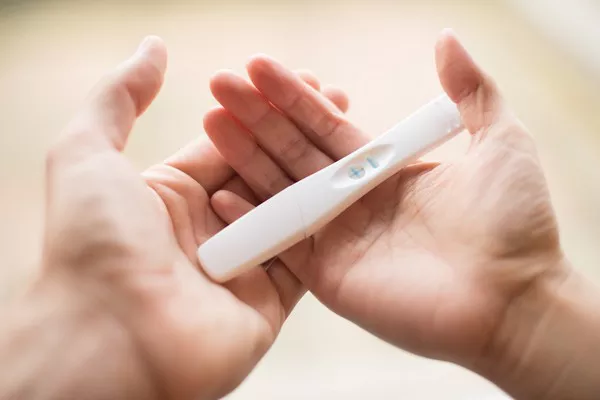New research published in JAMA Network Open has revealed that medication abortion using misoprostol alone is a highly effective method for ending pregnancies. These findings are significant, as they suggest that expanding access to misoprostol, both in clinical and non-clinical settings, could be a worthwhile endeavor.
Two medication regimens are typically recommended for abortion: one involves using mifepristone in combination with misoprostol, and the other employs misoprostol alone. Previous evidence has indicated the safety and high effectiveness of both approaches. However, some reports have suggested that misoprostol alone might be less effective compared to the two-pill method.
Traditionally, guidance has recommended misoprostol alone only when mifepristone is unavailable. Given the possibility of restricted access to mifepristone in the United States, as the U.S. Supreme Court considers overturning FDA approval granted over two decades ago, this study underscores the safe and effective use of misoprostol alone for pregnancy termination when mifepristone is not an option.
Dr. Erica Cahill, a clinical assistant professor of obstetrics and gynecology and complex family planning at Stanford Medicine, emphasized the significance of this discovery, stating that “a misoprostol alone regimen is safe and effective for pregnancy termination and is an important option when mifepristone is not available.”
To evaluate the effectiveness of misoprostol-only abortion, the researchers enrolled 637 individuals who contacted safe abortion hotlines in Argentina, Nigeria, and Southeast Asia between July 2019 and October 2020. Eligible participants had no contraindications for medication abortion and were not currently experiencing bleeding.
The standard misoprostol-alone regimen involved three doses of 800 μg of misoprostol administered three hours apart. Additionally, ninety-six participants received additional doses of 800 μg of misoprostol or 400 μg of misoprostol continuously until the pregnancy was terminated.
The study closely monitored the effectiveness of the medication, tracking side effects, duration of bleeding, cramping, and the time taken for expulsion.
Remarkably, nearly all participants (98%) successfully self-managed their medication abortion using misoprostol alone. The standard regimen proved to be more effective than the alternative dosage regimens. Six participants experienced adverse effects, such as needing intravenous fluids, blood transfusions, or overnight hospital stays.
The majority experienced less than one week of bleeding and expelled the pregnancy within 24 hours. Common side effects included nausea, fever, and diarrhea.
In terms of future abortion care preferences, 94% of participants expressed a preference for self-managing their abortion at home with hotline support, if necessary, while 2.5% preferred visiting a healthcare facility.
The study’s implications are substantial, suggesting that misoprostol is more effective than previously believed and may be just as effective as the two-pill regimen, especially in areas with limited access to healthcare resources. Dr. Tania Basu Serna, a board-certified OB/GYN with UCSF Medical Center, pointed out that the heightened effectiveness could be attributed to the extended follow-up period and access to additional doses of misoprostol if required.
This breakthrough in research offers the potential to enhance access to safe, self-managed abortion options, benefiting individuals in regions with limited healthcare access.


